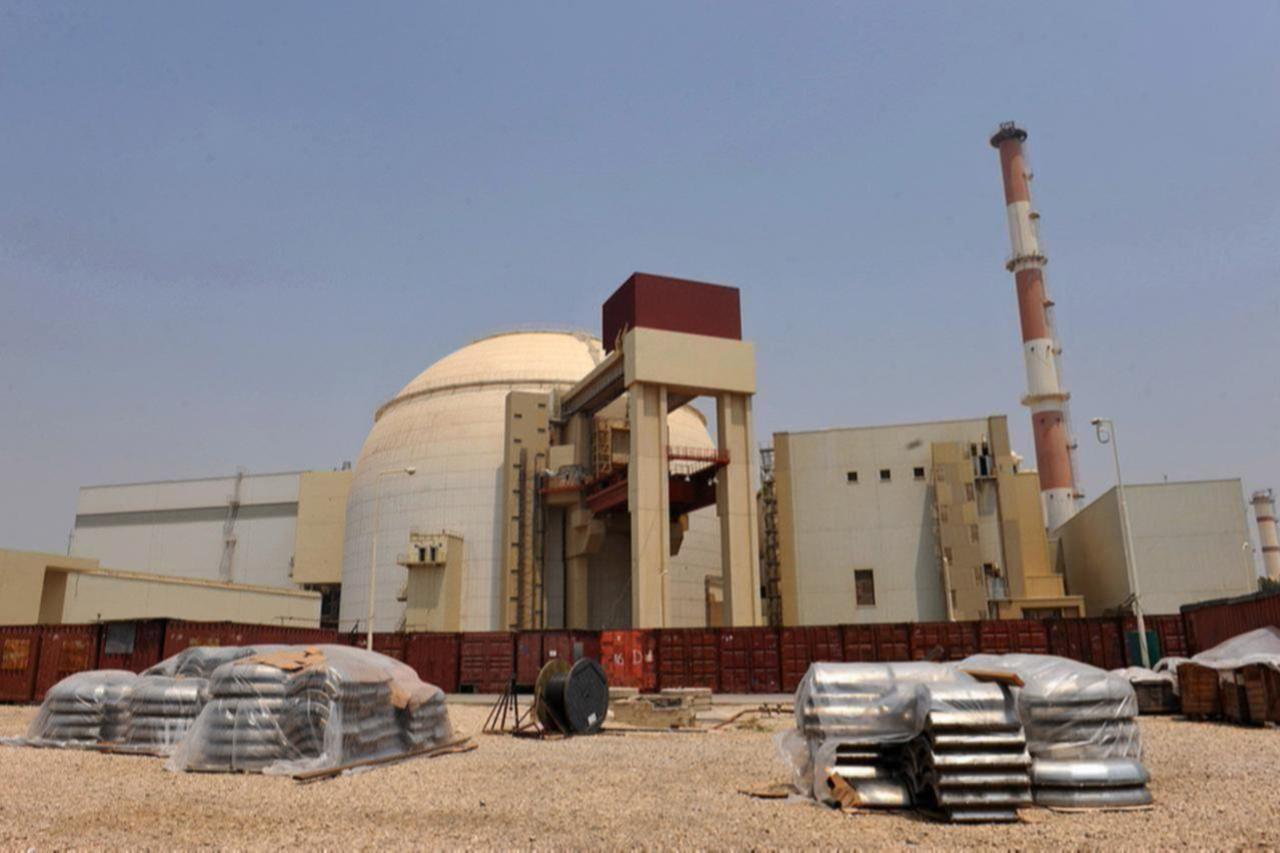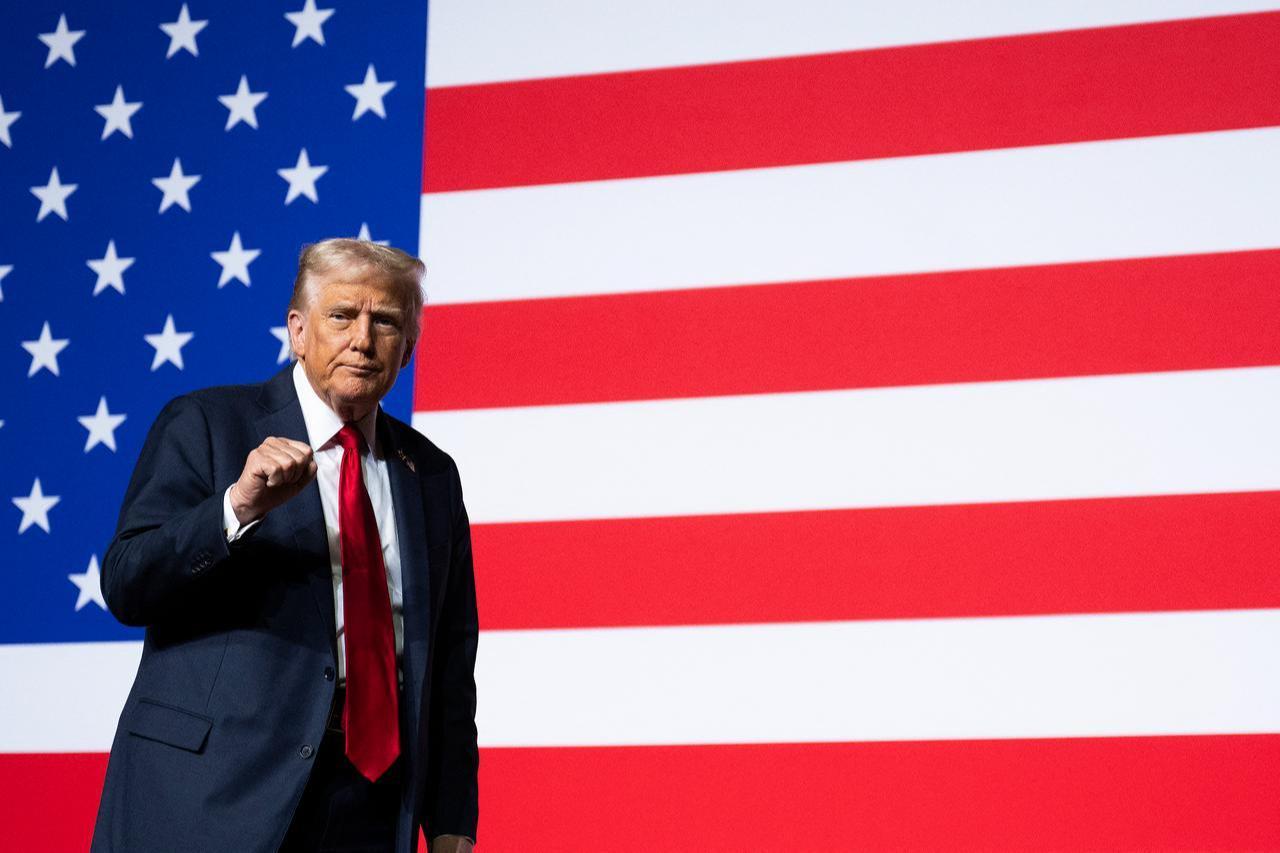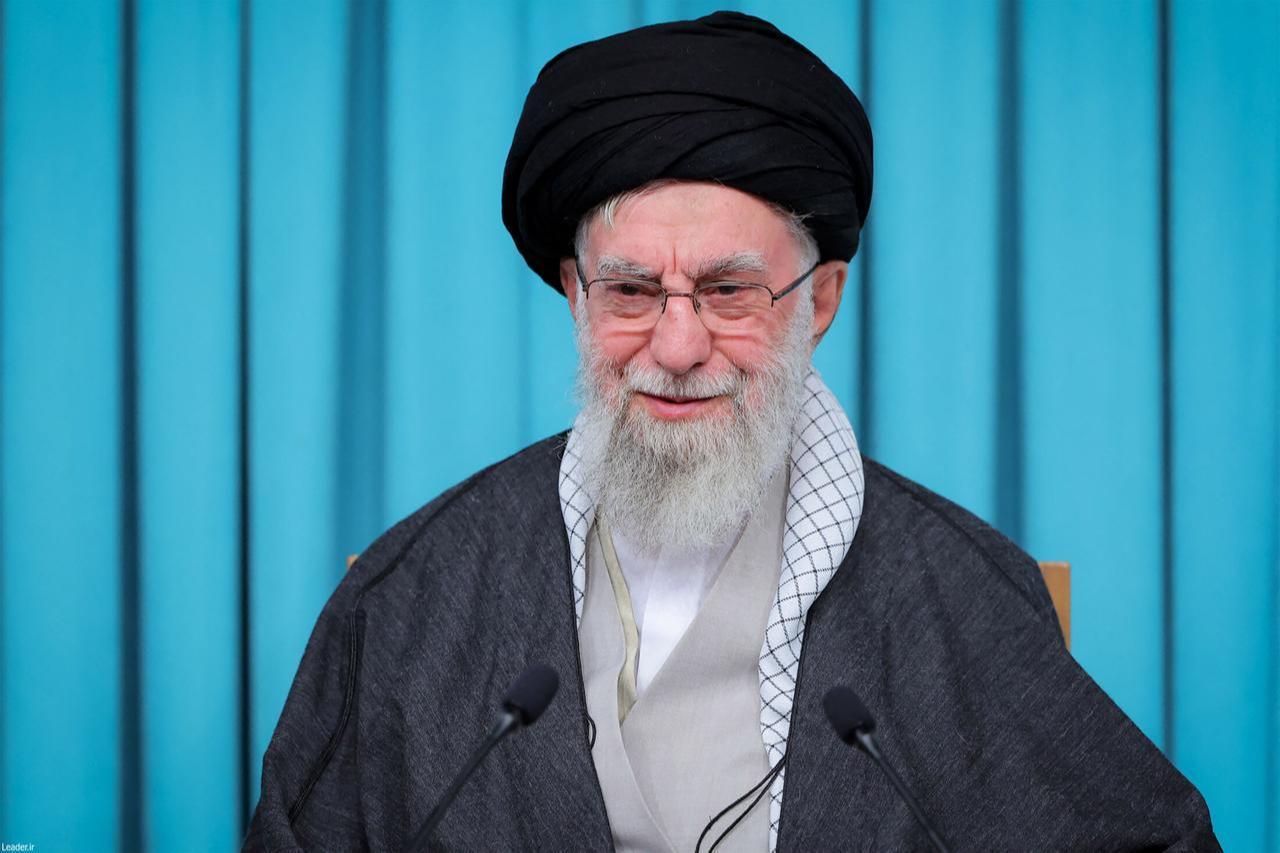
The U.S. Treasury Department on Wednesday imposed sanctions on 21 companies and 17 individuals accused of operating weapons procurement networks supporting Iran's ballistic missile program, marking the first such action since the United Nations reimposed restrictions on Tehran last week.
The sanctions target entities spanning Iran, Hong Kong, China and Germany that Washington says "pose a significant threat to US service members in the Middle East, US commercial ships transiting international waters, and civilians."
The move follows the UN's Sept. 27 decision to reimpose sanctions and restrictions on Iran's nuclear, missile and other weapons programs — part of the so-called "snapback" mechanism. Those sanctions were finalized last week and are designed to intensify pressure on Tehran over its nuclear weapons development and ballistic missile capabilities.

"Under President Trump's leadership, we will deny the regime weapons it would use to further its malign objectives," Treasury Secretary Scott Bessent said in a statement announcing the designations.
The sanctions represent the Trump administration's first enforcement action under the renewed UN framework, which allows for the automatic restoration of previous international restrictions on Iran. The snapback provision was embedded in the 2015 nuclear agreement, formally known as the Joint Comprehensive Plan of Action, and can be triggered by participants who believe Iran has violated the deal's terms.

Treasury officials described the targeted networks as procurement operations designed to acquire materials and technology for Iran's ballistic missile program. By operating across multiple countries, these networks allegedly help Tehran circumvent existing export controls and acquire components necessary for weapons development.
The designations freeze any US-held assets belonging to the sanctioned individuals and companies and generally prohibit Americans from conducting business with them. Foreign entities that continue transactions with the designated parties could face secondary sanctions, potentially cutting them off from the US financial system.
Iran has steadily expanded its ballistic missile capabilities in recent years, developing weapons with increasingly longer ranges. US officials have expressed particular concern about Iranian missiles supplied to proxy forces throughout the Middle East and their potential threat to American military personnel stationed in the region.
The sanctions also cite risks to commercial shipping in international waters, where Iranian forces have previously seized vessels and launched attacks on maritime traffic, particularly in the Persian Gulf and surrounding waterways.